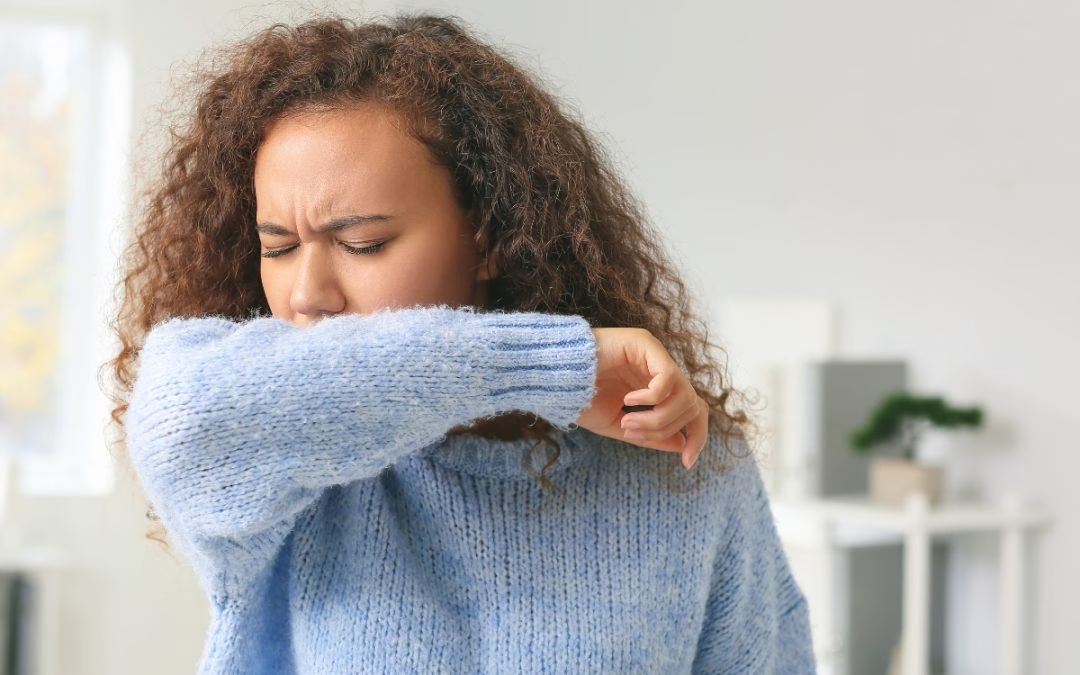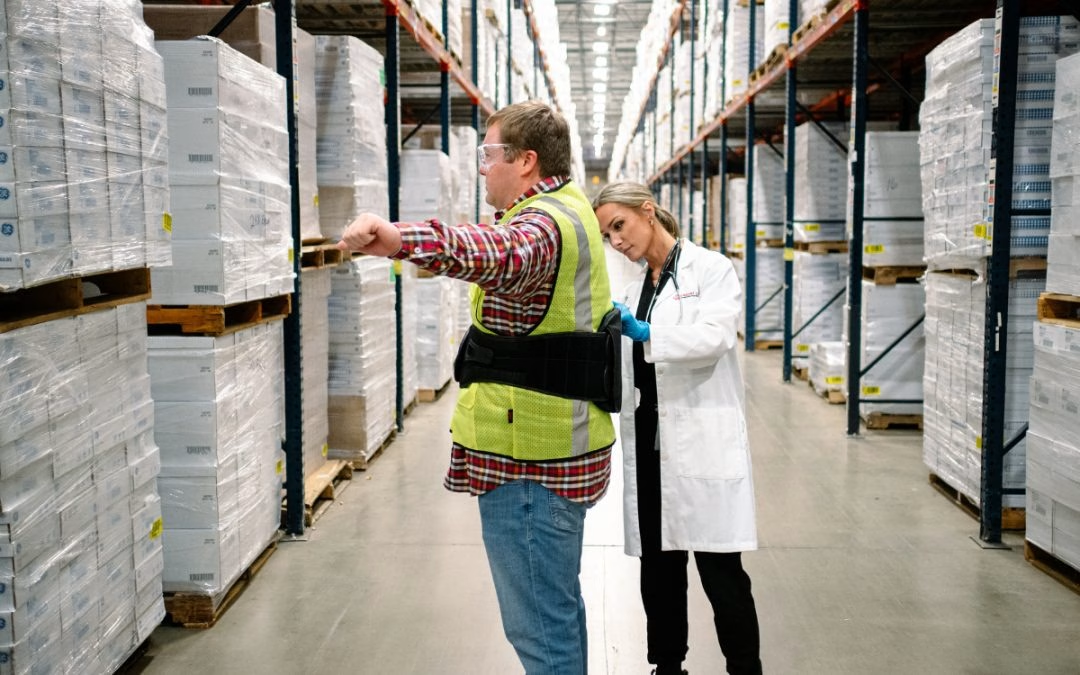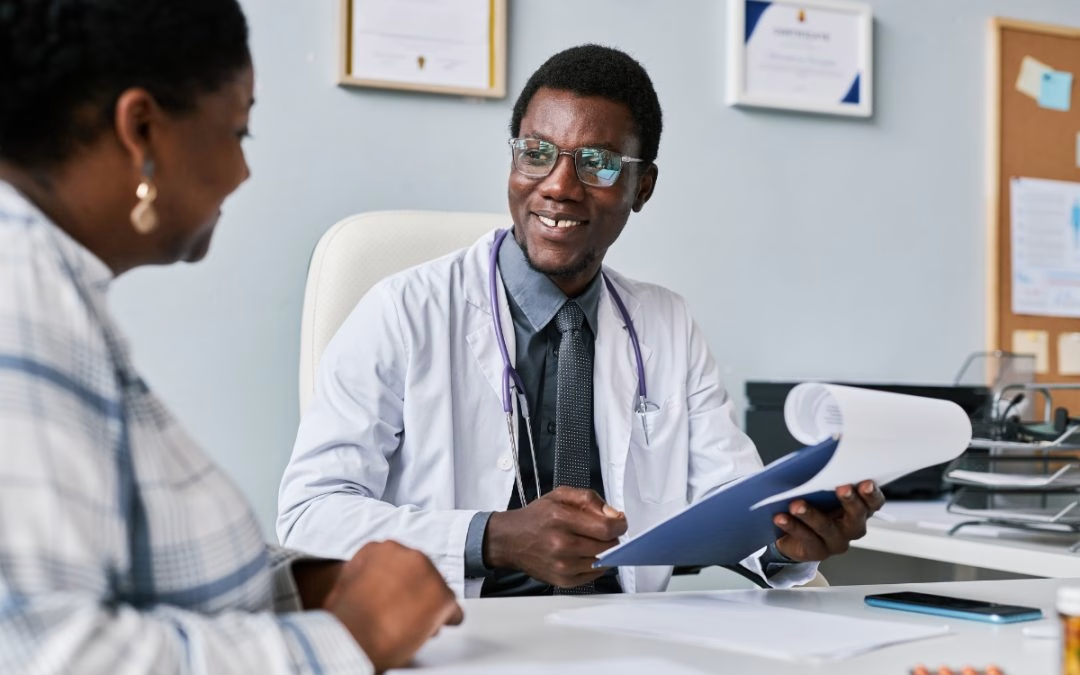
Fall in Knoxville brings exciting activities, from pumpkin patches to outdoor festivals, and while enjoying these seasonal events, it’s crucial to stay mindful of health risks like COVID-19. Understanding how quickly symptoms can appear after exposure to the virus can help you protect yourself and those around you. Here, we’ll cover the basics of COVID-19, how long it takes for symptoms to emerge, and when to seek medical care.
What is COVID-19?
COVID-19 is a respiratory illness caused by the SARS-CoV-2 virus. Since it first emerged, the virus has led to widespread illness and significant changes in daily life around the world. While there are vaccines and treatments available, COVID-19 remains a concern, particularly with new variants that may spread more quickly or cause different symptoms.
The virus primarily spreads through respiratory droplets from coughs, sneezes, or even talking, making it easily transmissible in close-contact situations. Symptoms can range widely in severity, from mild cold-like signs to severe respiratory issues that require hospitalization. Understanding when symptoms may appear can help you know when to take action and potentially limit the spread.
When Do COVID-19 Symptoms Appear?
The period between exposure to COVID-19 and the onset of symptoms is known as the incubation period. For COVID-19, this typically ranges from 2 to 14 days after exposure. According to the CDC, most people experience symptoms around 5 to 6 days post-exposure, but the incubation period can vary based on factors like the viral variant and individual health conditions.
Understanding this timeline can help you determine if you should quarantine, monitor symptoms, or take a COVID-19 test. During the incubation period, you may be contagious even if you’re not showing symptoms, which is why health officials recommend testing after exposure, even if you feel well.
Common COVID-19 Symptoms
COVID-19 symptoms can vary significantly in both type and severity, and symptoms may appear gradually before intensifying in some cases. The following are some of the most common symptoms associated with COVID-19:
- Fever or chills
- Cough
- Shortness of breath or difficulty breathing
- Sore throat
- Congestion or runny nose
- Fatigue
- Muscle or body aches
- Headache
- Nausea or vomiting
- Diarrhea
It’s worth noting that not everyone will experience every symptom, and new variants may bring about slight changes in symptom patterns. For example, some variants may result in more gastrointestinal symptoms, while others may cause more upper respiratory symptoms. Additionally, factors such as your vaccination status or previous infections may influence how symptoms present themselves.
COVID-19 in 2024
Even as we enter 2024, COVID-19 continues to affect communities around the world, including here in Knoxville. In addition to cold and flu season, which can cause similar symptoms, COVID-19 remains a concern, especially as new variants emerge. With the virus still spreading, understanding the timeline for when symptoms might appear after exposure and monitoring your health is as important as ever.
COVID-19 variants may spread faster or evade immunity from previous infections or vaccines, making it essential to take precautions, such as staying home when feeling unwell and seeking medical care when symptoms develop. While vaccines and boosters continue to offer protection against severe illness, regular testing and awareness can help curb transmission in community settings.
What Should You Do If You Think You Have COVID-19?
If you start experiencing symptoms that may be related to COVID-19, even if they’re mild, it’s crucial to take immediate steps to protect others. Here’s what you should do:
- Isolate: Stay home and avoid close contact with others, including those in your household. Try to use a separate bathroom if possible and keep shared spaces well-ventilated.
- Monitor Symptoms: Watch for any worsening of symptoms, particularly if you are at high risk for severe illness due to underlying health conditions.
- Seek Testing and Treatment: Getting tested is essential to confirm COVID-19, especially if you’re experiencing symptoms that overlap with the flu or other illnesses. Early testing can help you get the right care and avoid spreading the virus to others.
If you are considered at high risk for complications, or if symptoms worsen, reach out to our clinic for guidance. Early medical intervention can help prevent severe outcomes, especially in cases where symptoms progress to more serious respiratory issues.
COVID-19 or the Flu?
Because COVID-19 and the flu share many symptoms, it can be difficult to tell them apart based on symptoms alone. COVID-19 is caused by the SARS-CoV-2 virus, while influenza is caused by various influenza viruses. However, both can lead to symptoms like fever, cough, fatigue, and muscle aches. Fortunately, testing is available that can distinguish between COVID-19 and the flu, allowing us at AFC Knoxville to guide you toward the best treatment.
Visit AFC Urgent Care Knoxville
At AFC Urgent Care Knoxville, we’re here to help you stay informed and proactive about your health. Understanding the timeline for when COVID-19 symptoms may appear is one of the best ways to protect yourself and others. If you’re feeling unwell, it’s always wise to err on the side of caution by staying home, getting tested, and closely monitoring symptoms.
Our experienced team provides COVID-19 testing and treatment, so you can get the care you need when you need it most. With COVID-19 cases still present in the Knoxville area, staying vigilant is essential. Don’t hesitate to visit us if you’re concerned or need to be tested, especially with respiratory illnesses circulating this season.


